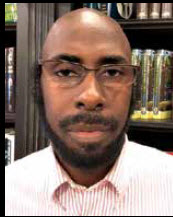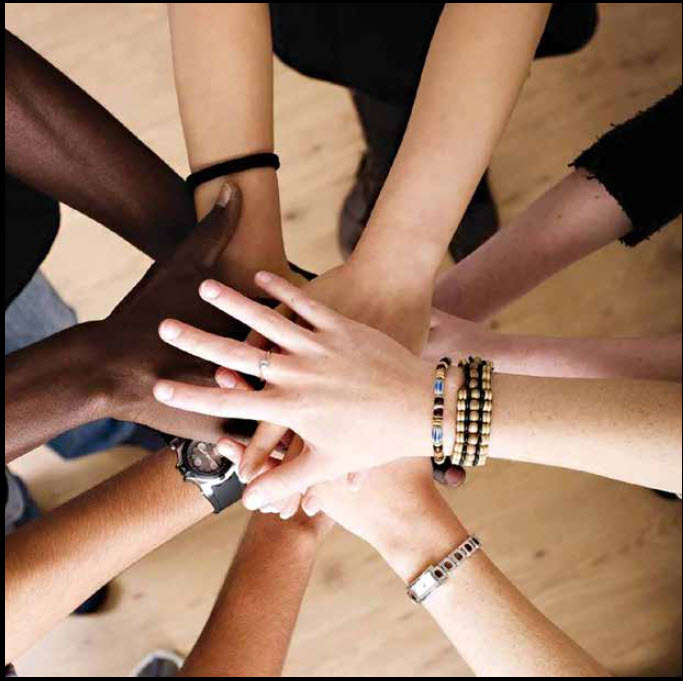How Crisis Can Bring Out Our Best!
 By: Eric Betts
By: Eric Betts
In 2016, many public officials and civil rights leaders gathered together in Washington to celebrate the opening of the new African American History museum on the National Mall. On CBS This Morning that September, Charlie Rose interviewed Senators Tim Scott (R) and Cory Booker (D) about what the opening meant for the nation. United States Senator Tim Scott from Charleston South Carolina commented about how the massacre at Emmanuel AME Church brought so many people together across the religious, political, and cultural spectrum. Scott said “There is something about a crisis that brings out the best in us.” The same can be said of the September 11 attacks in New York and Washington in 2011. One can remember the unforgettable scene on the front steps of the Capitol where various congressmen across party lines sang together, “God Bless America, land that I love.” That defining moment inspired Americans at a difficult time. Senator Scott went on to say,

“If we hope for a better nation we have to rediscover love for each other. Love that is not an emotion but an action, a love that requires putting me after you. If we find that, and I think we will, our nation will present to the world who we are and what we can be.”
Charlie Rose then turned to Senator Booker of New Jersey and asked Booker how he hoped the new African American Museum in Washington DC would both inform and inspire the nation for the future. Senator Cory Booker eloquently answered,
“In order for our nation to succeed, we have to have an irrational commitment to one another. We have to pledge to each other our lives, our fortunes, and our sacred honor; that necessitates courageous empathy, that necessitates leading with love, it necessitates a level of citizenship where we understand that I need you as much as you need me…When I see you I don’t see an ‘other,’ I see myself. I see my destiny is interwoven with yours and I need to sacrifice for us, I need to pledge to you and all of us my life, my fortune, and my sacred honor.”
If a nation can muster the courage to embrace one another across political lines during times of crisis such as 9/11, the racist killings at the South Carolina church, and other national disasters, then it is indeed possible to rediscover our common humanity and come together during this pandemic and the struggle for justice and peace. We have shown in our recent history that we can indeed rise above ourselves for a greater cause. The present can be extremely depressing, but as we consider our finest moments of togetherness in our history, we can have hope for the present and the future. Let us not despair; we have history to show us what is possible. We have shown that amazing “courageous empathy.” As fellow citizens, we may not always agree on the various issues and debates of our time, but we can all take advantage of this opportunity to show compassion, consideration, empathy, and lend a listening ear. These are opportunities to walk in another man’s moccasins, learn and become better.
Even though we may not see the world through the same lenses, we should never relinquish that “irrational commitment to one another.” We make progress for the good of all when we embrace the concept of “me after you.” When we see the children of “others,” as what Rev. Dr. Martin Luther King Jr. described as “all of God’s children,” this will provide a new perspective and lead to a greater respect for one another, even when we do not fully understand. This is essential in building a better world for the next generation. This current crisis is a tremendous opportunity to do just that.
By: Eric Betts
Assistant Director, Curtis Coleman Center for Religious Studies and Ethics at Athens State University